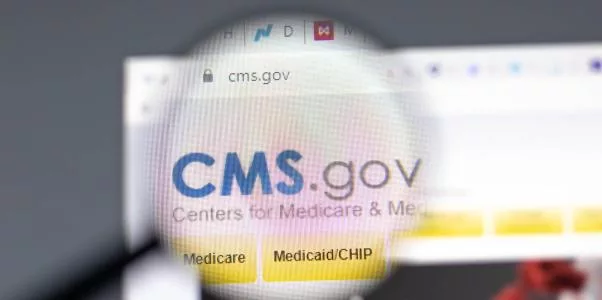
CMS Enforces Act to Reduce Drug Price Inflation
TL/DR –
The Inflation Reduction Act (IRA) has made significant changes to drug reimbursement and coverage under Medicare, and the Centers for Medicare & Medicaid Services (CMS) has issued revised guidance for its implementation. The regulation includes rebates on Medicare utilization of certain drugs if the average sales price or average manufacturer price rises faster than inflation. The CMS also established rules concerning shortages, drugs purchased under the 340B program, rebates for discarded amounts of single-use vials, invoicing, and the unit calculation for part D inflation rebates.
Medicare Drug Reimbursement Changes: New Guidance from CMS
In August 2022, President Biden signed the Inflation Reduction Act (IRA) into law, bringing extensive changes to drug reimbursements under Medicare. One mandate is to collect rebates on certain Medicare-utilized drugs if the Average Sales Price (ASP) or the Average Manufacturer Price (AMP) outpaces inflation. For a comprehensive overview of these changes, read our previous alert: Drug Pricing Reform: The Inflation Reduction Act’s Impact on Pharma.
On December 14, 2023, CMS issued updated guidance which can be found here: Inflation Rebates in Medicare | CMS. Let’s go over the key points from this new guidance.
IRA Implementation Timeline
Inflation Rebates Reduction for Drugs in Shortage or Disruption
The latest CMS guidance includes a plan to reduce inflation rebates for drugs in shortage or experiencing a severe supply chain disruption, in the case of biosimilars and generics. There are specific reduction percentages applicable, detailed in the table below.
Exclusion for 340B Program Purchased Drugs
Starting in 2024, 340B-covered entities billing Medicare for Part B drugs must include a “JG” or “TB” modifier on the claims. There will be no Medicare Part D utilization exclusion for those dispensed drugs purchased under the 340B Program until January 1, 2026.
Part B Wastage Rebate
Starting in 2023, manufacturers of single-dose vials reimbursed under Medicare Part B must pay a rebate if more than 10% of the product is discarded. CMS might exclude those drugs from the IRA inflation rebate on which a wastage rebate has already been paid.
Invoicing for Inflation Rebates
CMS will separately invoice manufacturers for inflation rebates for Part B and Part D drugs. Manufacturers will have ten days to review the preliminary report and could submit a Suggestion of Calculation Error to CMS.
Unit Conversion for Part D Inflation Rebates
CMS will use units from the Medicare Part D claims, known as Prescription Drug Event data, for Medicare Part D inflation rebates. CMS will convert units as needed for AMP calculations under the Medicaid Drug Rebate Program.
Additional Notes
-
…
—
Read More US Economic News
